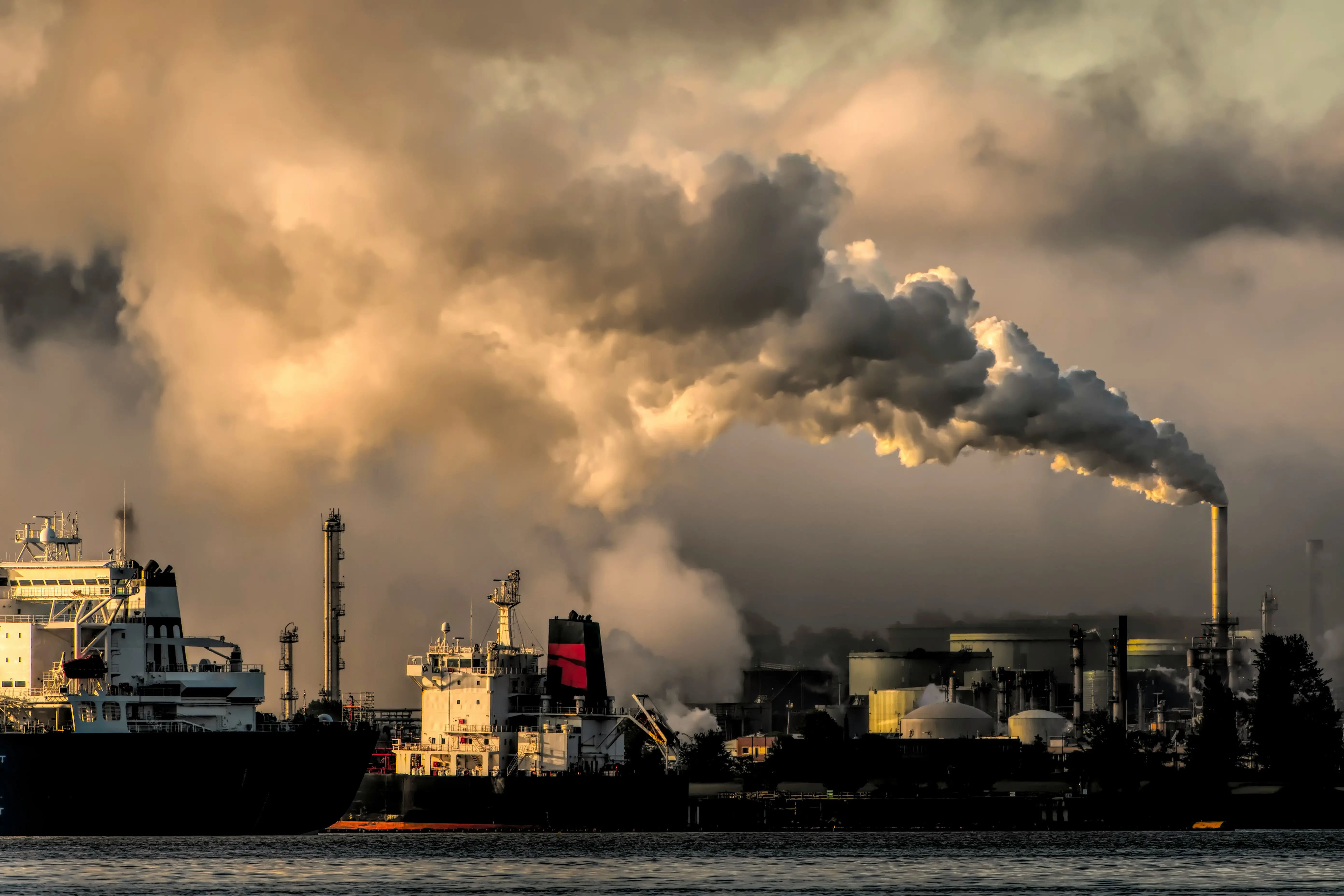Oil And Gas Pollution Causes Thousands Of Early Deaths In The Us

A startling new study highlights the severe health impacts of air pollution from the oil and gas industry in the United States, reporting that it leads to approximately 91,000 early deaths each year. The study, co-led by researchers from University College London (UCL) and the Stockholm Environment Institute (SEI), reveals that minorities such as Black, Asian, Native American, and Hispanic communities are the hardest hit by this pollution.
Published in Science Advances, the research is groundbreaking in its comprehensive analysis of pollution across the entire oil and gas lifecycle, from extraction to end-use. This includes emissions from cars and power plants, and it examines the racial and ethnic disparities in exposure to these pollutants.
Research findings indicate that air pollution from oil and gas is responsible for 10,350 preterm births and 216,000 new childhood asthma cases annually. Moreover, it identifies 1,610 lifetime cancer cases linked to this pollution.
Dr. Karn Vohra, the lead author, explained how advanced computer models were used to isolate pollution from oil and gas activities, which allowed them to estimate severe health outcomes like asthma and early deaths. “One in five preterm births and adult deaths linked to fine particulate pollution are from oil and gas,” he noted.
The study also highlights the disproportionate impact on racial minorities. Native American and Hispanic populations are most affected by pollution from the initial stages of oil and gas operations, while Black and Asian communities suffer most from emissions at the end-use stage, particularly in areas like Southern Louisiana and Eastern Texas.
Professor Eloise Marais, a senior author, pointed out that longstanding zoning practices have led to certain communities living near pollution hotspots, exacerbating these health disparities. The study underscores the urgent need to phase out fossil fuels to prevent both climate and health crises.
The research team also tracked cross-border pollution, attributing early deaths in southern Canada and northern Mexico to US oil and gas activities. Co-author Dr. Ploy Achakulwisut emphasized the need for a rapid transition to clean energy to mitigate these health risks.
This study provides a crucial data-backed argument for policy changes and a shift towards sustainable energy to protect public health.